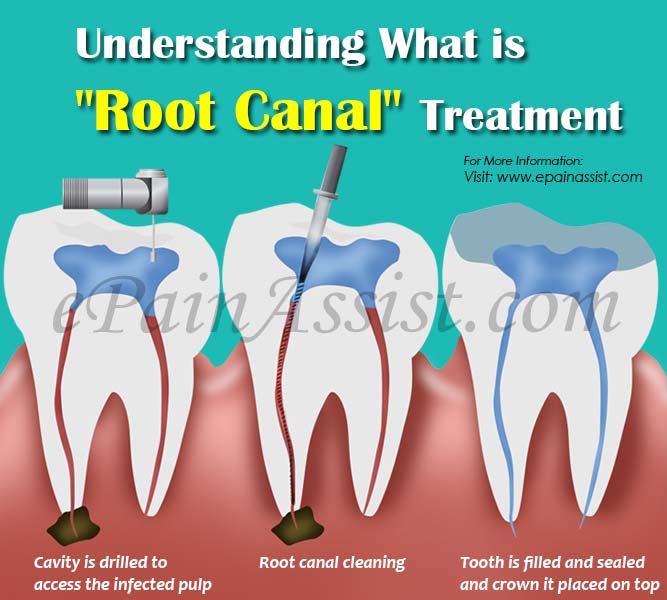It can be hard to know if you grind your teeth, and if you do, it can be difficult to determine if it’s a problem that needs attention. Below, we’ve outlined some of the symptoms, causes, complications, and treatments for bruxism.
Symptoms
Since teeth grinding typically occurs during sleep, many people don’t realize they’re doing it until significant symptoms arise.
Some subtle signs include waking up with a dull headache or sore jaw, and experiencing sensitivity when eating or drinking. Many people who grind their teeth have also reported that their loved ones can hear it at night.
More dramatic symptoms involve loose, fractured, or severely worn teeth. There might be underlying bone structure damage as well. Your dentist can help determine if you’ve been suffering from bruxism before these problems arise by performing regular examinations and x-rays. If you’re experiencing jaw tenderness, be sure to let your dental provider know right away.
Causes
Teeth grinding is often caused by stress and anxiety. Abnormal bites and misaligned teeth can also contribute since they make it more difficult for your jaw to rest comfortably. Also, people with sleep disorders like sleep apnea or night terrors are more likely to clench during the night.
Certain medications may increase your risk for teeth grinding. It’s important to let your dentist know your full medical history so they can work with your unique situation.
Chronic grinding can result in fractured and loose teeth, and can also wear teeth down to sensitive stumps over time. If left untreated, the damage can require significant dental repairs like crowns, root canals, implants, or even dentures.
Bruxism can also affect your jaw, leading to long-term discomfort. Tension headaches and facial pain are a common result of teeth grinding. It the problem is serious enough, it can even change the shape of your face over time.
Treatment
The most common treatment for teeth grinding is a custom mouth/bite guard to wear while you sleep. In extreme cases, your dentist might recommend that you take a muscle relaxant before you go to bed.
It’s important to work with your dental provider to get a custom mouth/bite guard fitted. Many over-the-counter options won’t fit you properly and might cause your jaw to be even more active at night, leading to further complications.
If stress is a contributing factor, finding ways to relax before bedtime will help your bruxism. Some options include placing a warm towel on your cheeks or sticking to a consistent routine. Your doctor will be able to work with you on an individual basis to find what works.
Communicating with your dentist will allow you to identify potential problems before they cause permanent damage. We can help you discover whether or not you grind your teeth — and help you fix the problem with a custom mouth/bite guard if that answer is yes.
Sources:
Mayo Clinic
American Dental Association



